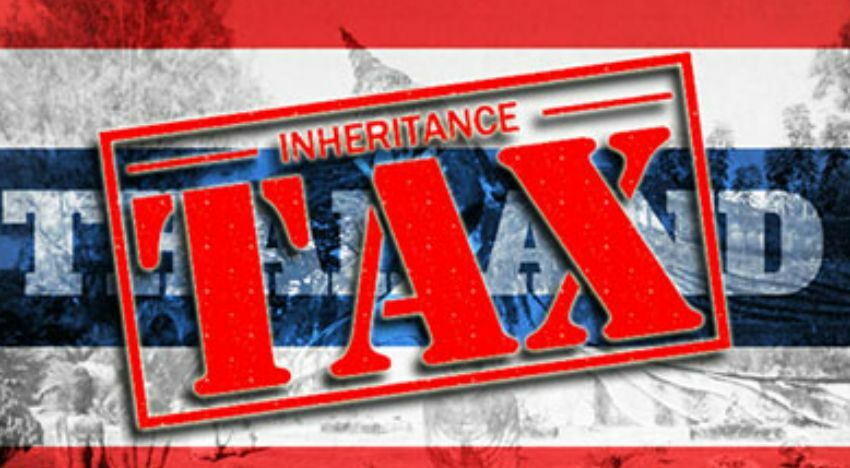Inheritance tax law changes aim to reduce economic inequality

A revenue department insider has revealed plans for the adoption of the prime minister’s proposal to make changes to the inheritance tax law. The objective of the amendment is to reduce economic inequality, according to the anonymous source.
The source disclosed three key points that form the guidelines for the amendment. The first is the application of the inheritance tax to assets exceeding the value of 100 million baht. There are ongoing discussions regarding the possibility of adjusting this threshold to match future changes in economic conditions.
The second point relates to the need for redefining the types of assets that will be subject to tax, which will be established by royal decrees.
The third point is centred on the tax exclusion of properties willed to the deceased’s spouse. This measure is aimed at alleviating the financial strain on the bereaved party.
The tax exemption on assets worth less than 100 million baht, however, might potentially be a conduit for tax evasion. An individual owning property worth 300 million baht, for instance, could distribute assets via a will to their spouse and heirs, with each share being worth less than 100 million baht.
Given that each portion of the asset is valued at 100 million baht or less, no inheritance tax would be incurred. Additionally, assets bequeathed to a spouse are exempt from tax.
Inheritance tax implications
Inheritance tax will be determined based on an individual’s net wealth, which is the asset value obtained minus any inherited debts. Net wealth valued at or below 100 million baht will be exempt from the tax. Any excess value will be taxed at a fixed rate of up to 10%, the source disclosed.
The tax will apply to registered assets including residential properties, land, vehicles, bonds, equities, and deposits held in financial institutions.
Beneficiaries, such as individuals, government agencies, juristic persons or international organisations under Thailand’s obligations to the UN or international law, can be exempt from the tax if they plan to use the inherited assets for religious, educational or charitable pursuits reported Bangkok Post.
The source further explained that the inheritance tax, first introduced in 1933, was repealed due to meagre collection levels. However, the government reinstated the law in 2015, which has since yielded a few hundred million baht per annum. This collection is considered minuscule in comparison to the total inheritance passed on to heirs.
Follow more of The Thaiger’s latest stories on our new Facebook page HERE.
Latest Thailand News
Follow The Thaiger on Google News:


























